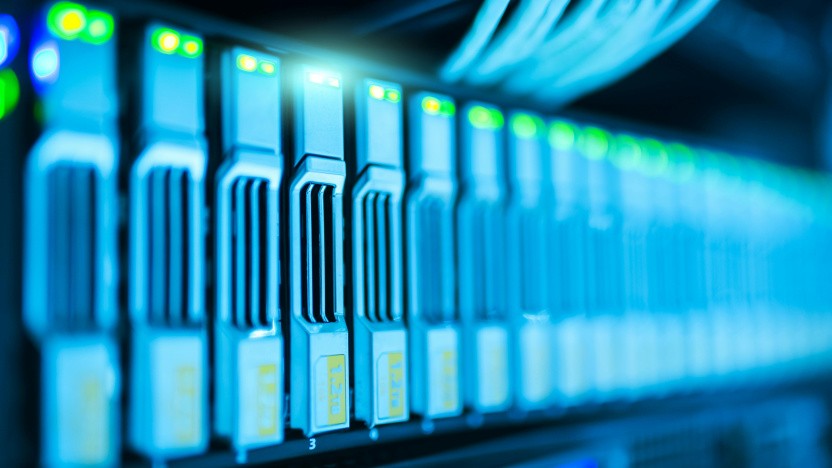
Deutsche Telekom $DTE (+0,29 %) wants to enter the construction and operation of data centers for artificial intelligence (AI) on a large scale. Group CEO Timotheus Höttges announced in Berlin the launch of a joint project with the US chip company Nvidia $NVDA (+1 %) in which a so-called AI factory is to be built in Munich at a cost of over one billion euros.
"Without AI, you can forget about industry," said Höttges. "Without AI, you can forget about Germany as a business location." The Deutsche Telekom CEO pointed out that only five percent of high-performance AI chips are currently used in Europe, compared to 70 percent in the USA.
Höttges emphasized that the data in the Munich AI cloud should remain entirely in Germany. Only employees from Germany and Europe would be used to handle the data. And the technology comes from Germany and the USA. This means that there are no longer any excuses for German and European companies not to use AI on a large scale.
》Great day for Germany and Europe《
Federal Digital Minister Karsten Wildberger (CDU) spoke of "a great day for Germany and for Europe". "We are celebrating an investment with a signal effect: more than one billion euros for an AI factory with the most modern chips in the world." But this is more than just an AI factory for industry. "It is a signal of new beginnings. A further step on Germany's path to resolutely exploiting the opportunities offered by artificial intelligence."
In Berlin, Nvidia CEO Jensen Huang recalled that the concept of Industry 4.0 was developed in Germany. "Germany had this vision of connecting the digital world with the physical world.
With AI, we can now bring a super version of Industry 4.0 to life. And this is a new era, namely industrial AI." Nvidia is the world's leading provider of high-performance chips that are essential for training and using AI.
Deutsche Telekom is already a provider of conventional cloud services and operates over 180 data centers worldwide. At the same time, the Group cooperates with large platforms such as Google Cloud, Amazon AWS $AMZN (+2,51 %) or Microsoft Azure in the cloud business.
However, Deutsche Telekom's economic success is driven by its core business with telco services in Europe and the business success of its US subsidiary T-Mobile $TMUS (+0,47 %) business success.
》Part of a larger AI strategy《
The AI data center in Munich's Tucherpark is just the start of a larger-scale AI strategy at Deutsche Telekom. The Group hopes to be considered for a major European Union funding program for so-called AI Gigafactories.
The EU defines a gigafactory as a data center with 100,000 or more special AI chips (GPUs) - the facility in Munich will only run with 10,000 GPUs.
In order not to lose touch with the future topic of AI and at the same time remain independent of US companies such as Open AI, Google $GOOGL (+3,81 %)Microsoft $MSFT (-0,3 %) and Meta $META (+1,59 %) Brussels is planning to promote the construction of four to five such large data centers.
The interested parties from Germany were unable to agree on a uniform application. Therefore, in addition to Telekom, the Schwarz Group, which is behind Lidl and Kaufland, the cloud provider Ionos $IOS (+0,53 %) and other consortia.
Federal Research Minister Dorothee Bär (CSU) emphasized the importance of this initiative. At least one AI Gigafactory must come to Germany.
With the Bavarian AI factory, Deutsche Telekom is primarily targeting users in industry.
The first customers include Agile Robots $AGL (+0 %)a leading German high-tech company that specializes in AI-controlled automation solutions and intelligent robotics.
In addition to Nvidia, other cooperation partners include Europe's largest software company SAP $SAP (+1,12 %)Deutsche Bank $DBK (+2,11 %) and the AI provider Perplexity.

